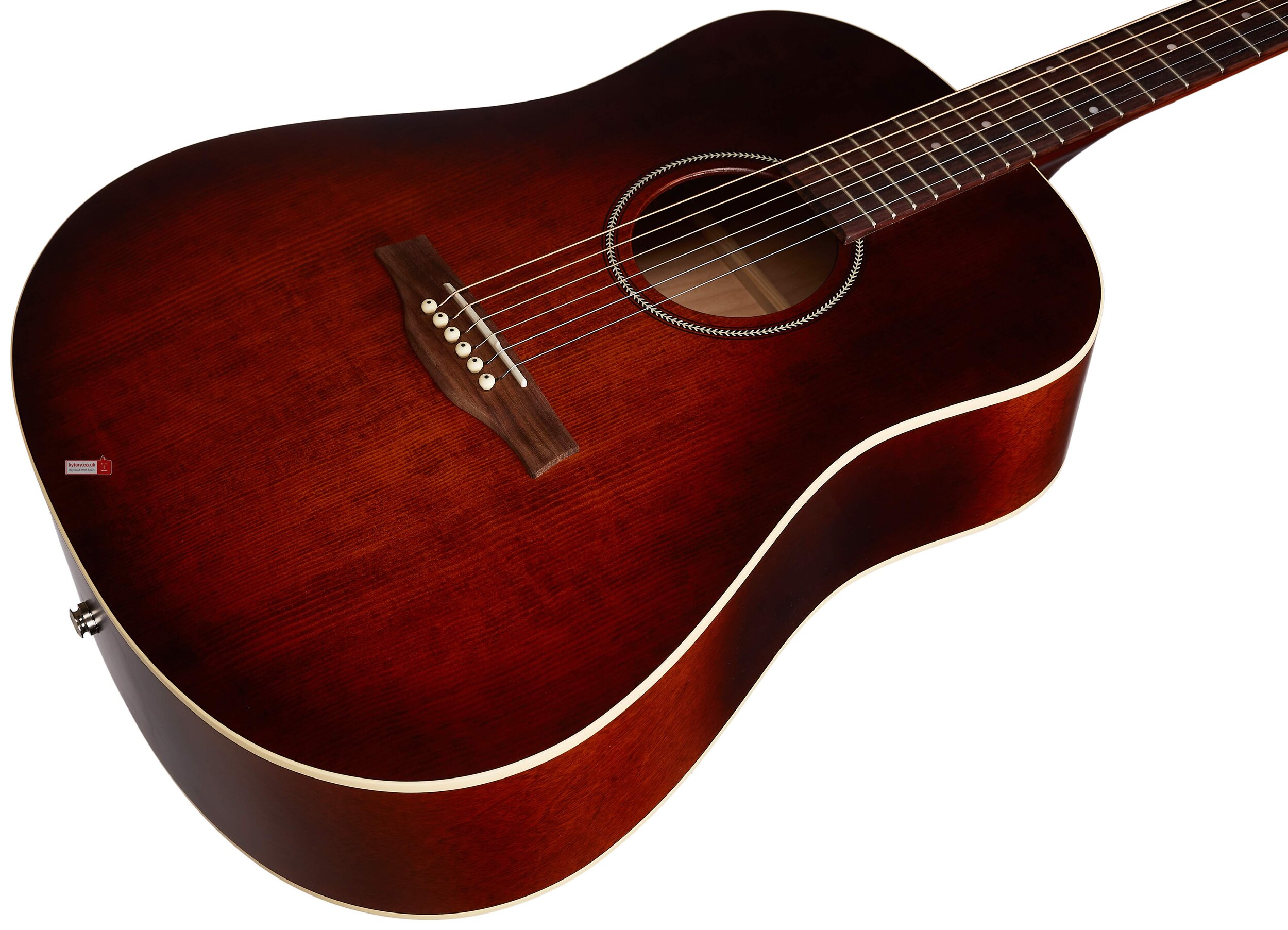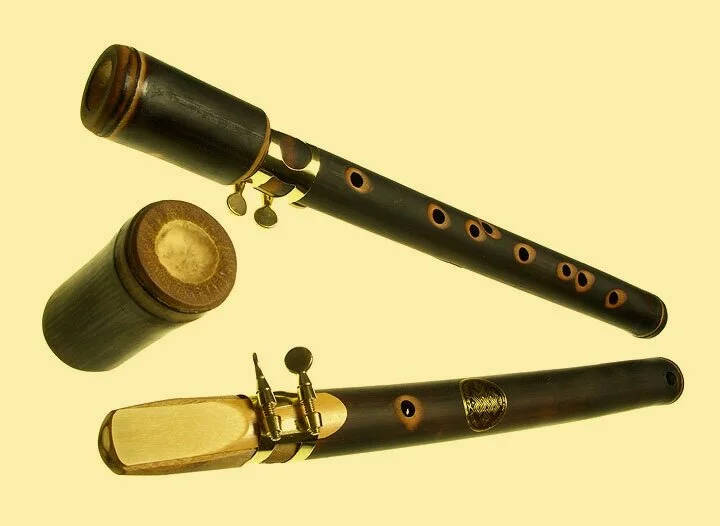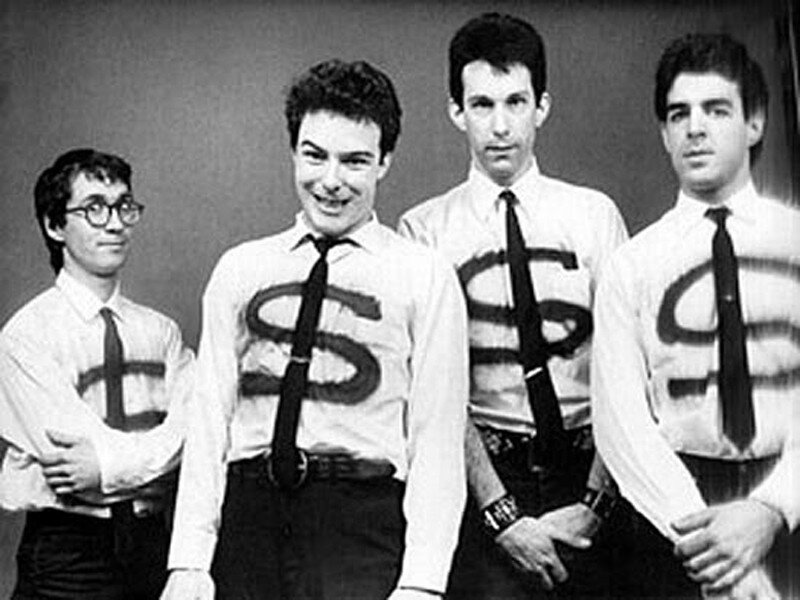Word of the week: An evocative term suitable for hearing the effects of changeable weather, this is a lesser known word for a musical instrument used to recreate the sound of thunder. But how? And who uses it?
Read moreWord of the week: tonitruone
How do you recreate this on a record?




















